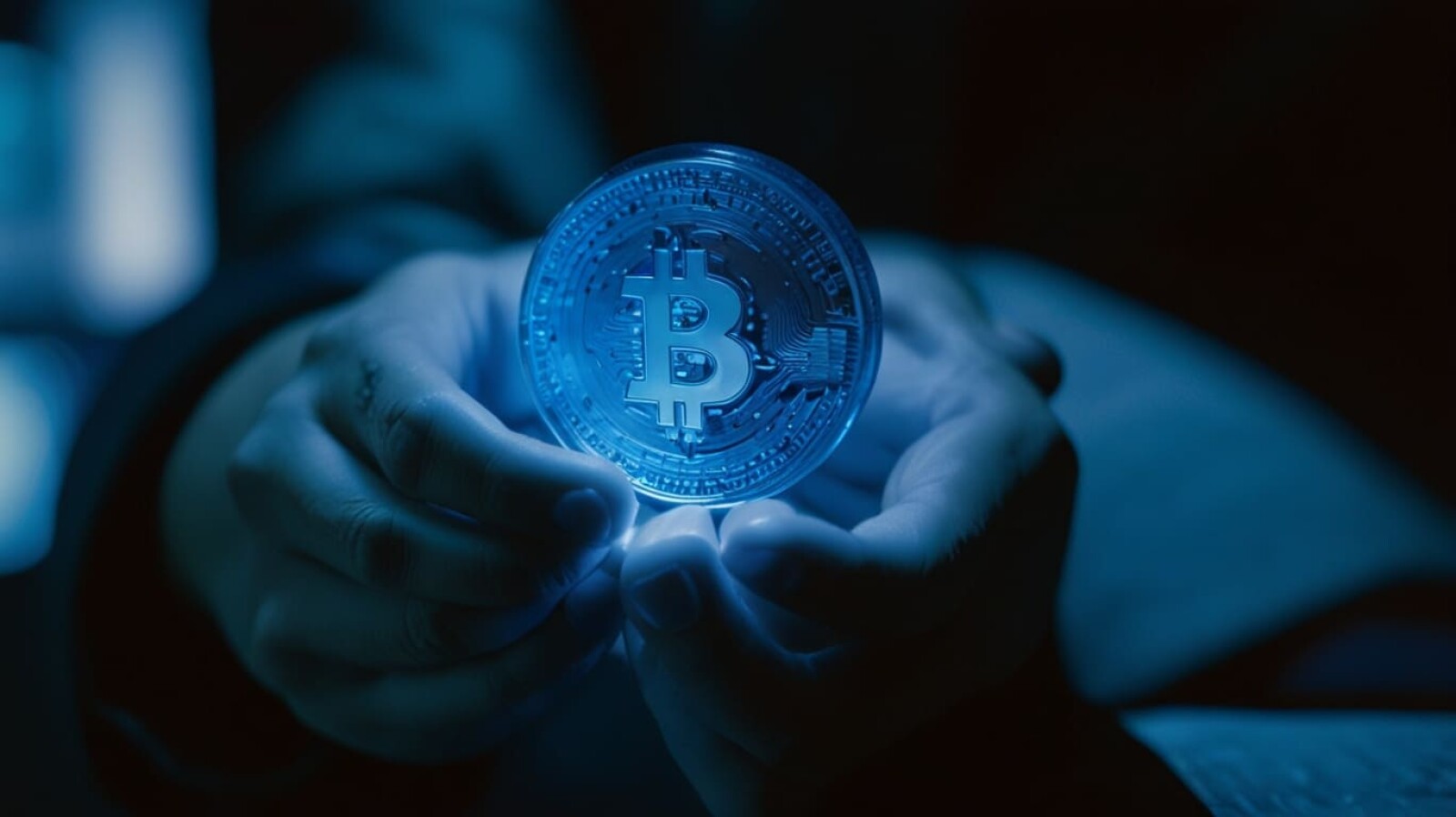
Mia Tokenhart
South Korean Retail Giants Withdraw from NFT Sector Amid Market Slowdown

Several major South Korean retail giants, including Lotte and Hyundai, have recently announced their withdrawal from the non-fungible token (NFT) sector. This significant move comes amid a broader slowdown in the NFT market, highlighting the challenges and strategic shifts faced by companies in this rapidly evolving industry.
Market Conditions and Economic Factors
The decision by these retail giants to exit the NFT sector is influenced by several market conditions and economic factors. The global NFT market has experienced a considerable slowdown, with trading volumes and market valuations significantly declining from their peaks. This downturn has been attributed to several factors, including market saturation, declining consumer interest, and broader economic uncertainties.
In South Korea, these challenges are compounded by specific local factors. The South Korean economy has been facing various pressures, including high inflation and currency depreciation. These economic challenges have led consumers and businesses to become more cautious in their spending and investment decisions, impacting the overall demand for NFTs.
Strategic Decisions and Business Realignments
For companies like Lotte and Hyundai, the withdrawal from the NFT market represents a strategic decision to realign their business priorities. Both companies initially entered the NFT space with high hopes, aiming to leverage their strong brand presence and consumer base to create unique digital assets and experiences. However, the reality of the market has forced them to reconsider these plans.
Lotte, one of South Korea’s largest retail conglomerates, had launched various NFT initiatives, including digital collectibles and virtual experiences. Despite initial interest, these projects failed to sustain long-term consumer engagement and profitability. Hyundai faced similar challenges with its NFT offerings, which included digital art and branded virtual items. The lack of sustained market demand and the high costs associated with developing and maintaining these projects have led both companies to step back from the sector.
Impact on the NFT Ecosystem
The withdrawal of major players like Lotte and Hyundai from the NFT market is expected to have a ripple effect on the broader NFT ecosystem in South Korea. These companies brought significant resources, marketing power, and consumer trust to the space, helping to drive initial interest and adoption. Their exit may lead to reduced confidence and investment in NFT projects, particularly those targeting mainstream retail consumers.
However, this development also opens opportunities for other players in the NFT and blockchain space. Smaller, more agile companies and startups may find new avenues to innovate and capture market share as larger entities withdraw. The shift also underscores the importance of sustainable business models and consumer engagement strategies in the NFT market, which can help weather market fluctuations and economic challenges.
Future Prospects and Regulatory Environment
The future of the NFT market in South Korea will be shaped by several factors, including regulatory developments and technological advancements. The South Korean government has been taking steps to regulate the digital asset market more closely, which includes NFTs. These regulations aim to ensure market stability and protect consumers, but they also add layers of complexity and compliance for businesses operating in the space.
Technological advancements in blockchain and digital asset management will also play a crucial role in the market’s evolution. Innovations that enhance the utility, security, and accessibility of NFTs could help reignite consumer interest and drive new growth. Additionally, collaborations between technology firms, content creators, and traditional businesses could lead to novel applications and use cases for NFTs, beyond the speculative trading that has characterized much of the market to date.
Conclusion
The decision by South Korean retail giants like Lotte and Hyundai to withdraw from the NFT sector amid a market slowdown highlights the challenges and strategic realignments within the industry. While the withdrawal of these major players may impact the broader NFT ecosystem, it also presents opportunities for innovation and growth for other participants.
As the market continues to evolve, the focus will likely shift towards sustainable business models, regulatory compliance, and technological innovation. These elements will be crucial in determining the long-term viability and success of the NFT market in South Korea and beyond. The coming months and years will be critical in shaping the future landscape of digital assets and their integration into the mainstream economy.














